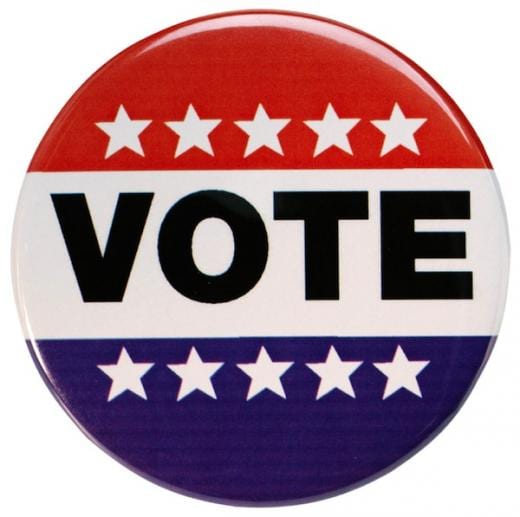Some days the news can pass without piquing my interest; other days several stories draw my attention. Wednesday morning I spotted two national stories that provide relevant lessons for the upcoming Penn State Board elections.
First, teachers and administrators in Georgia are alleged to have changed test scores on standardized tests. In the same report a minister blamed the cheating on the pressures of the “No Child Left Behind” law. If the allegations are true, the minister is going to go with the “devil made them do it” defense.
Other cheating allegations surfaced in New York City. A Democratic State Senator is accused of “influencing” Republican leaders to put him on their ballot for Mayor of New York City. If true, these are serious charges of corruptions. But on a positive note these acts show true signs of bipartisanship, people of both parties working together.
The common element in the two stories was something Abraham Lincoln talked about many years ago and still holds true today. “Nearly all men can stand adversity, but if you want to test a man’s character, give him power.”
The stories above involve people in power; people with vested interests in certain results. There are allegations — and I stress they are just allegations — that officials breached the public trust to insure outcomes beneficial to themselves.
When it comes to money and power there is great temptation to cheat or rig the outcome of tests or elections. As Penn Staters look towards the upcoming Trustee elections the same worries should encourage us to be diligent.
I am not a conspiracy theorist, but I am not naive either. Familiarity with technology and elections gives insight into how electronic elections work and more importantly how they can be easily and effectively manipulated.
The Trustee election begins in just a few days. There is a lot at stake here for the well-being of Penn State. That has been well-documented and continues to be a subject of debate. When people administering any election express a rooting interest in a certain outcome, it should make everyone nervous. There should be pressure on those administering the elections to allow outside observers to check the election results.
All anyone wants, and certainly has a right to expect, is transparency and a level playing field. Electronic elections are incredibly easy to manipulate with the technology available in 2013. I’ll use the Board elections to show how it could work.
The election administrators send out electronic ballots to voters. As they send out ballots they already have an idea of the people who are likely to vote, and those unlikely to vote based on past election participation. In this example it is important to note that roughly 20% of eligible voters participated last year with just under 38,000 people casting ballots (That was an all-time record).
With the voting period spread out over three weeks the administrators can monitor results as they come in. Based on voting patterns they can predict fairly accurately how many votes will be cast and how many they will need. Anyone watching the 2012 Presidential elections will recall how accurately many of the states were called based on voting patterns.
A quick scan of past voting can easily turn up thousands of alums who never vote in a Trustee election. Using those names a program can quickly cross-reference them to see if they’ve requested a ballot. The programs can know if they have voted, or if they even opened the e-mail, or even better still whether they trashed the e-mail.
That cross-reference can turn up the names of thousands of alumni who have no interest in voting and no intent to do so. If they’ve never even opened the e-mail, or trashed the e-mail or never even requested a ballot they can become “ghost” voters. Ballots can be cast for them pretty safely. They are unlikely to know that someone or some machine has already cast a ballot under their name.
All it would take is a few thousand votes to sway the results.
Let me state clearly I am not alleging that this is going on. I am just pointing out the possibilities that any electronic election, whether it is Penn State’s Board of Trustees or a corporate shareholder election, can be rigged with what today is basic computer technology.
There is a reason our government has checks and balances. People in Centre County demanded electronic voting with paper ballot back-ups for a reason. It’s not a perfect system but at least it creates a paper trail to provide some back-up.
As Lincoln indicated, power can be intoxicating. Without checks and balances is there any defense?
It is up to constituents to be the checks and balances. In this and all contests it is apathy that allows election corruption to take root.



